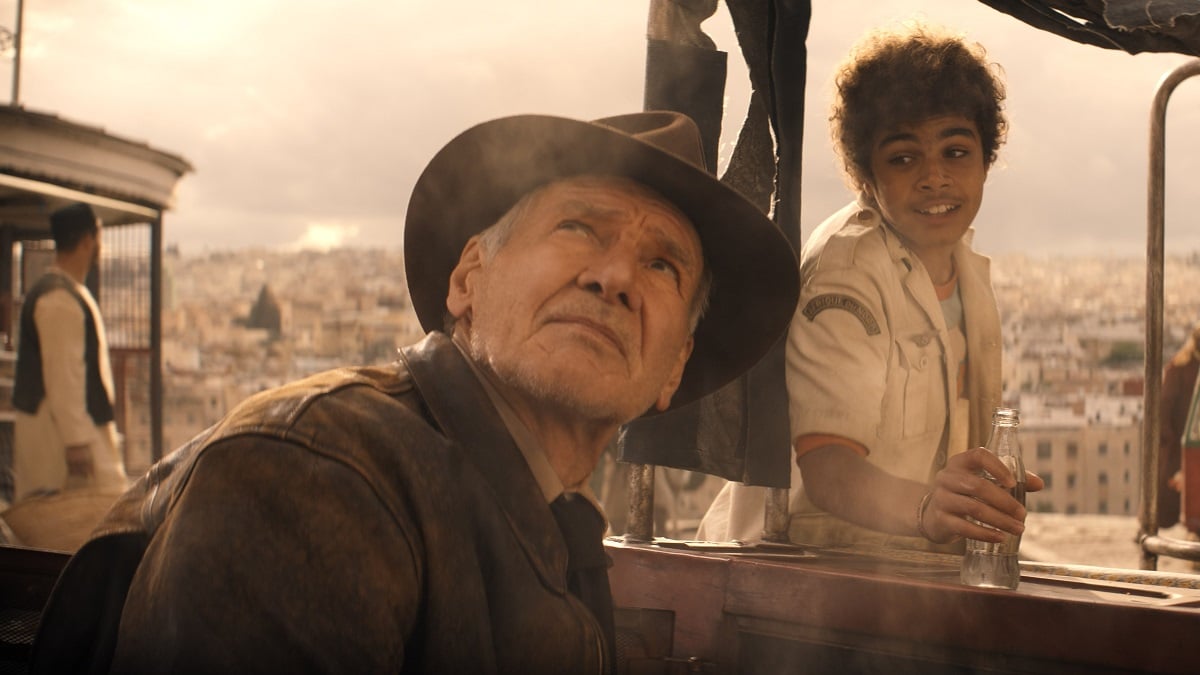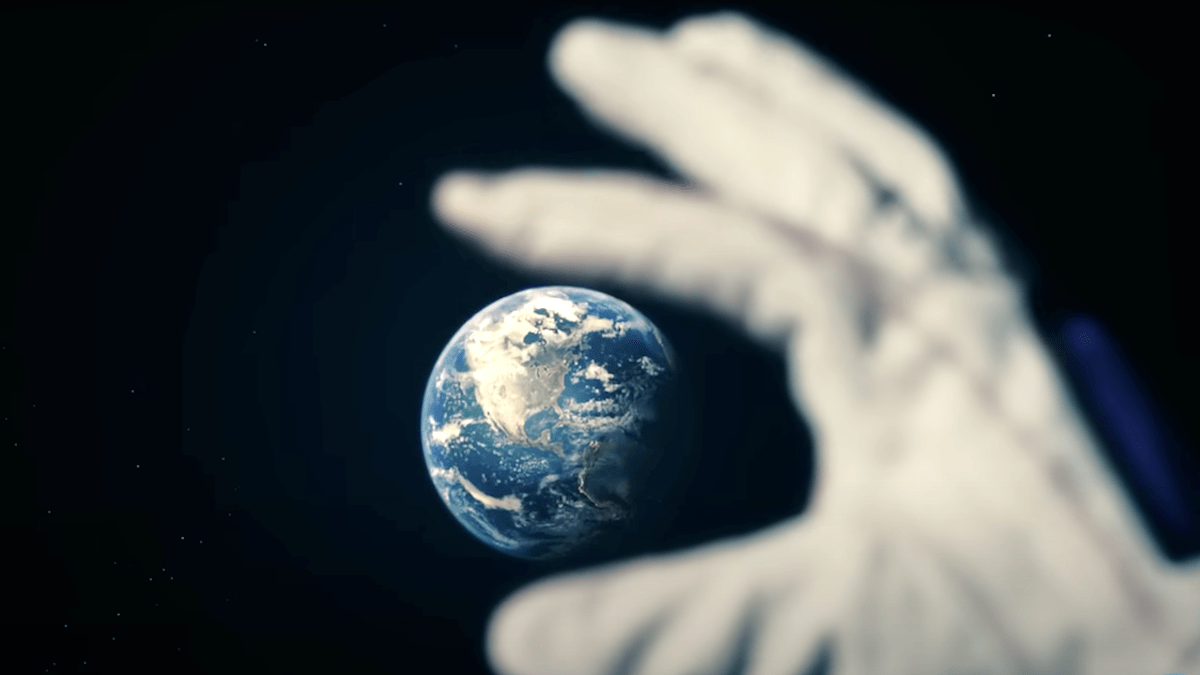Disney Plus subscribers are still feeling the effects of the most recent purge of Disney content from the streaming service. As Disney prepares to merge Disney Plus with Hulu, it continues to remove dozens of series and films from its catalog, including a $50 million original movie a mere seven weeks after its release. Cinephiles and film preservationists are lamenting the purge and offering their own ideas of what the Mouse House could do with these films instead of deleting them entirely from existence.
Disney no longer makes a guaranteed $1 billion in the box office as the global market changes in a post-Covid landscape and audiences increasingly prefer watching new films from the comfort of their couches. It’s a problem costing the company hundreds of millions, but could the solution be as obvious as just making new content?
Disney is purging content so fast that even people who worked on these projects don’t have time to watch
If you needed proof that Disney’s removing original content too quickly, a TikTok posted by Reese Bobo, a grip who worked on Disney’s Crater, is going viral based on his claim that he never got to see the film he worked on with his family. Bobo shared pictures he took from the set, pointing out parts he worked on and emphasizing the situation’s absurdity. “I worked on this longer than it was out. And look, it’s honestly just funny. They put it in the vault.”
His comments about Crater being a “tax write-off of a movie” had some viewers asking if the film really was a tax write-off. Bobo replied to one commenter, saying, “They have to pay a licensing fee to keep it up. So they cut underperforming movies from their service as tax write-offs.” If true, it’s a bit bleak that a movie streaming for less than two months was determined as “underperforming.” Others argued that allowing streaming platforms to erase films from existence completely is “an argument for keeping hardcopy media available or giving the option to download.”
Movie fans have their own suggestions for what Disney should do with shelved content
That thought wasn’t far off from what cinephiles were arguing on Twitter. Comedian and writer Jeremy Kaplowitz tweeted his belief that movies removed from streaming sites for tax reasons should become public domain after their removal. The tweet started a discussion with other film enthusiasts about the morality of studios creating movies with multi-million dollar budgets but making them inaccessible to potential viewers, as well as exploring ways for those movies to be legally accessible.
Some commenters thought giving films physical releases (groundbreaking) or allowing subscribers to download them would be a good way to ensure a potential audience for the films. Others mentioned the possibility of resorting to piracy (though the only piracy We Got This Covered condones is the fictional Pirates of the Caribbean or One Piece kind).
Would Disney need to cut costs if the studio focused on new media rather than rehashing existing IP?

Disney’s streaming woes make more sense when viewed in context; after losing over 4 million subscribers last quarter, the company has been trying to cut costs. Theatrical releases aren’t faring much better, with Disney’s big-budget blockbusters — the only kind of movie the Mouse House brings to theaters — racking up a loss of nearly $1 billion at the box office. Just a few years ago, it would be unfathomable that movies from big franchises like Indiana Jones and the Dial of Destiny and Ant-Man and the Wasp: Quantumania would bomb at the box office, but that’s exactly what we’ve been seeing this past year.
Even Disney’s live-action remakes are starting to show signs of exhausting audiences. The Little Mermaid did well enough in theaters but was nowhere near the commercial phenomenon remakes like Aladdin and The Jungle Book were. Some critics suggest Disney’s focus on nostalgia, something that’s always been a part of its brand identity, is hurting more than helping it at the box office. In a July 5 report from Variety, journalist and film critic Josh Spiegel advised the company to invest in telling new stories rather than just echoing their past success.
Disney desperately needs to create something new. It does a good job at cannibalizing itself. They remake their movies and echo what they’ve done in the past. At a certain point, there won’t be a whole lot for them to echo.
Josh Spiegel
While there’s more at play than just lackluster theatrical releases, it’s hard to deny audiences aren’t as excited about established IP as they were just a few years ago. As tastes and the overall theatrical climate change (one can argue Disney Plus has conditioned audiences to wait until theatrical releases come to streaming), Disney might want to consider creating some bold, new films rather than retelling the same stories.
And when Disney puts out a new story, it might be a good idea to market the movie
As established through the Disney Plus purge, Disney does create new and original projects. While most of these have high production budgets, the company is less inclined to put its money into marketing these originals for reasons that are still confusing fans. Take the recent Disney/Pixar film Elemental: the film’s been out for almost a month now and has yet to make back its $200 million budget, and a big part of that seems to be because of poor marketing. Those who have seen the film have given it generally positive reviews but criticize the film’s trailers emphasizing the love plot of the film, believing Elemental‘s father-daughter story more appealing. Others blame an overall lack of promotion compared to other Disney films (think about how many times you saw a trailer for Guardians of the Galaxy Vol. 3 compared to Elemental) as a reason the movie isn’t connecting with audiences.
Disney’s next animated film might suffer the same fate. Wish is set to hit theaters this November, and so far, only a teaser trailer has been released. The film looks like it hits a lot of the quintessential beats of a good Disney movie, but it’s hard to be excited when we don’t know much about it. Disney does invest in promising new projects (though it also let go of its best-reviewed project in years), but the failure to tell potential viewers about them sets the movies themselves up for failure. It’s a baffling catch-22 of sorts; is Disney failing to market these movies because it thinks they’ll flop, or are the movies not working because Disney isn’t marketing them?

